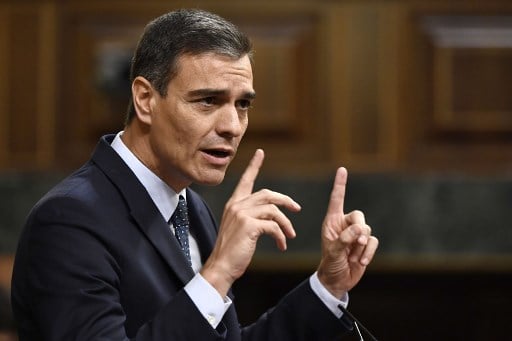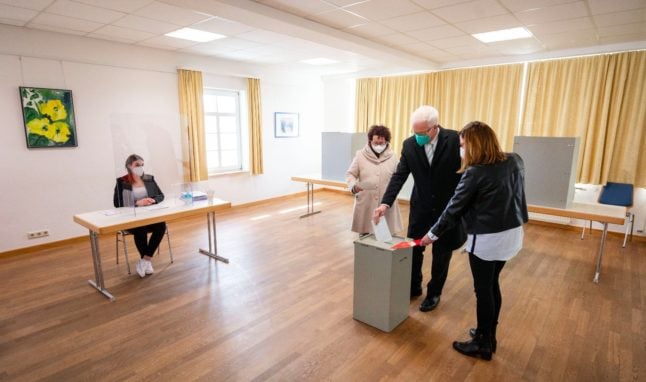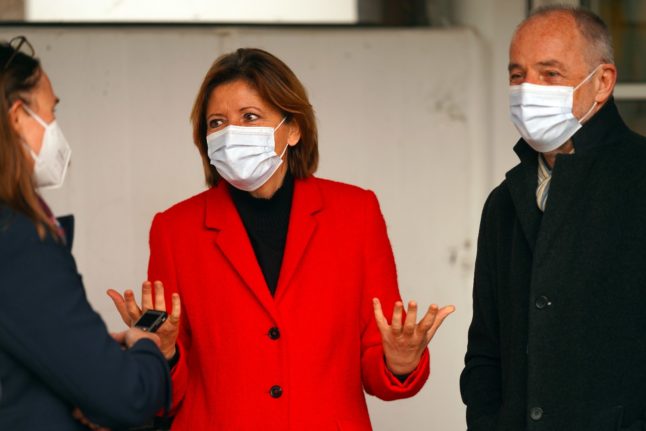Failure to get the necessary backing in the parliamentary vote would take Spain a step closer to holding its fourth elections in as many years.
Representatives from both parties have been trying to secure a deal for what would be Spain's first post-dictatorship coalition government following an inconclusive April general election.
But late on Wednesday talks stalled, with Sanchez's Socialist party calling Podemos's demands for government posts “unacceptable” while the far-left party countered it had been offered “inexistant or empty ministries”.
It is unclear whether both sides will meet again as the clock ticks down to a parliamentary session that kicks off at 1.30 pm local time (1130 GMT), during which lawmakers will cast their ballot in a confidence vote for Sanchez.
Without the support of Podemos, which with its partner Izquierda Unida (United Left) has 42 lawmakers, Sanchez won't win the vote.

Sanchez faces the second and final vote to become PM today (Thursday). Photo: AFP
Clash over ministries
The socialist premier came first in the April national poll but fell short of a majority with just 123 parliamentary seats out of 350, forcing him to seek backing elsewhere.
A spattering of regional parties, including a Catalan separatist grouping, have pledged their backing in Thursday's vote — whether backing him or abstaining — but only if he seals a deal with Podemos.
Right-wing parties, meanwhile, have already said they won't back him.
If Sanchez loses the vote he will have another two months to find ways of getting support, either for a minority or coalition government.
Absent a deal Spain would have to go back to the polls in November.
Podemos has said it “doesn't want to enter government at any price”.
The party has said it made several concessions already.
Its leader Pablo Iglesias, who does not get along with Sanchez, agreed earlier not to be part of the government so as to unblock the situation.
But still Podemos has accused the socialists of refusing to give them positions that carry any weight.
Late Wednesday night the socialists revealed Podemos had asked for the post of deputy prime minister with responsibility for social rights and the environment, as well as five ministries including labour and fiscal justice.
“The proposal is unacceptable,” a socialist source said.
Spanish media reported Sanchez's party had offered Podemos the housing, health and equality ministries.
But a source at Podemos, who refused to be named, retorted the socialists had offered “inexistant or empty ministries,” with little responsibility.
Juanma del Olmo of Podemos tweeted: “You can call it a housing ministry, it sounds great. But the truth is that without responsibility for lowering rental prices or stopping evictions without alternative housing (because the PSOE doesn't agree), it isn't a housing ministry, it's an empty ministry.”
READ MORE: Pedro Sanchez just lost first vote to remain in power: So what next?




 Please whitelist us to continue reading.
Please whitelist us to continue reading.
Member comments